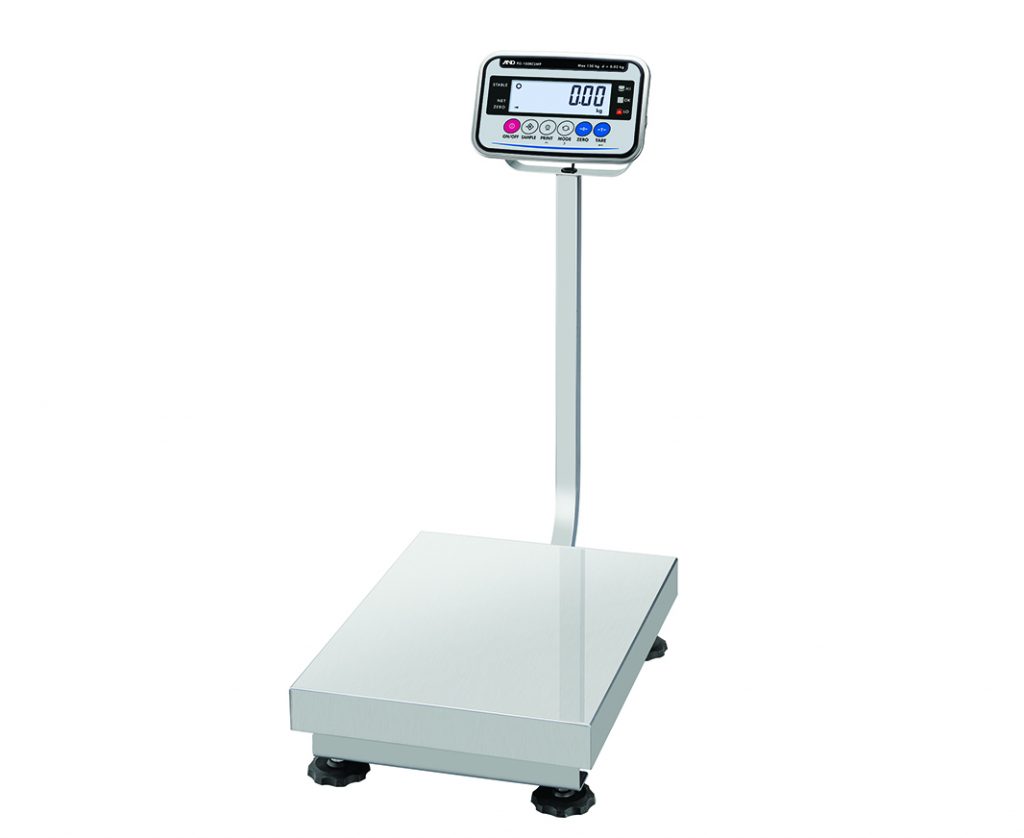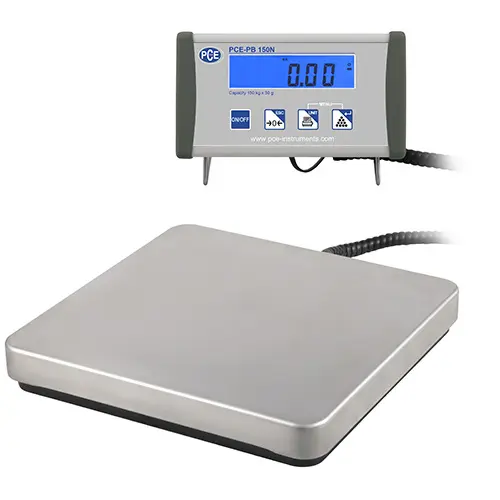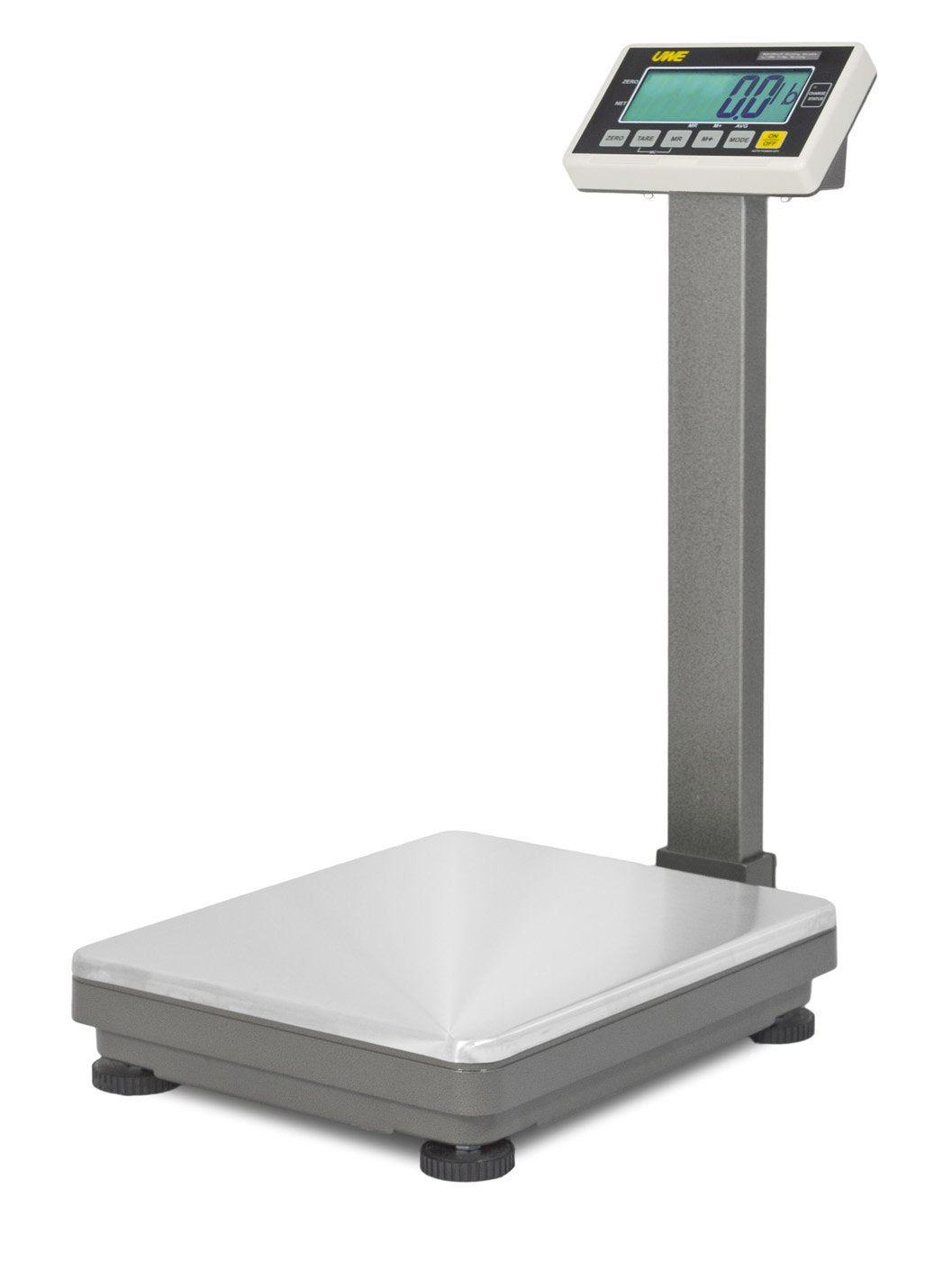
Leading Attributes to Seek in High-Quality Industrial Scales
In the realm of commercial operations, selecting the right range is vital for making certain performance and accuracy. Trick functions such as precision and accuracy, along with durability and build high quality, play a substantial role in determining the suitability of a range for certain applications.
Accuracy and Precision
Ensuring the accuracy and accuracy of industrial ranges is paramount for efficient operations across numerous industries. Exact measurements are essential in industries such as production, logistics, and food handling, where also minor inconsistencies can lead to considerable economic losses, compromised item top quality, or regulatory non-compliance. High-grade industrial scales are created to deliver reputable efficiency, utilizing sophisticated modern technology to assure accurate weight readings.
The calibration procedure is essential in maintaining the accuracy of these ranges. Normal calibration against certified recommendation weights ensures that any type of drift in dimension is corrected, thus promoting compliance with market criteria. Additionally, the usage of high-resolution lots cells enhances the range's capability to identify minute weight modifications, additionally boosting its precision.

Durability and Build Quality
Sturdiness and develop top quality are critical elements that identify the durability and dependability of commercial ranges in requiring settings. Industrial scales are frequently subjected to extreme problems, including exposure to dust, moisture, and heavy loads. The materials used in their construction play a vital role in guaranteeing they can hold up against these obstacles.
High-quality commercial ranges commonly include durable housings made from materials such as stainless-steel or light weight aluminum, which not only offer structural integrity yet additionally withstand corrosion and wear. Additionally, focus to information in the design, such as reinforced edges and shock-absorbent feet, can improve sturdiness and safeguard delicate elements from damage.
Furthermore, state-of-the-art elements, including lots cells and electronic parts, add to the general construct high quality. These parts should be made to tolerate temperature variations and vibrations commonly located in commercial setups. Making sure correct ingress security (IP rating) is also essential, as it shows the range's ability to withstand dust and liquid exposure.
Ultimately, selecting industrial scales with exceptional resilience and construct top quality will cause an extra trustworthy, long-lasting option that fulfills the extensive needs of various commercial applications.
Load Ability and Range
When choosing commercial scales, recognizing their load capability and array is vital for conference specific operational demands. Lots capacity refers to the optimum weight that a range can accurately determine, while the array indicates the spectrum of weights the range can take care of successfully. It is crucial to select a range that not only satisfies present needs but likewise suits potential future needs.
Different markets have unique weight dimension requirements. For example, a manufacturing center may require ranges efficient in evaluating hefty equipment parts, while a lab may just require ranges for lighter products. Choosing a range with a proper tons capability makes certain precision and precision, preventing overwhelming that could result in equipment damage or inaccurate analyses.
In addition, it is very important to take into consideration the step-by-step sensitivity of the scale within its range. A range that can gauge both hefty and light weights accurately can boost functional effectiveness, enabling for versatile applications. Buying scales with suitable lots capability and range considerably adds to performance, conformity with industry standards, and total operational integrity. Complete evaluation of these specifications is essential prior to procurement.
Convenience of Use and Upkeep

Along with user-friendliness, convenience of maintenance is one more crucial element to consider. Scales that are designed with accessible elements facilitate regular maintenance jobs such as cleansing, calibration, and battery replacement. A modular style can further enhance these processes, enabling for fast repair work and marginal downtime.
Furthermore, the products made use of in the building of commercial ranges play a considerable duty in maintenance. Scales made from long lasting, corrosion-resistant materials are simpler to tidy and much less prone to damage, which expands their lifespan and decreases total functional costs.
Routine upkeep timetables, guided by the maker's referrals, are important for making sure optimum performance. By prioritizing simplicity of use and upkeep, organizations can guarantee that their industrial scales continue to be reliable, dependable, and reliable look at here now devices in their operations. This leads to enhanced performance and an extra efficient workflow.
Connectivity and Combination Choices
Integrating industrial ranges right into existing functional structures is greatly improved by durable connection alternatives. High-quality industrial ranges should provide numerous connection approaches, consisting of USB, Ethernet, and cordless choices such as Wi-Fi or Bluetooth. These functions assist in smooth information transfer to main data sources, ERP systems, or cloud systems, allowing real-time tracking and reporting.
Additionally, advanced integration options permit compatibility with existing devices, such as printers or barcode scanners, simplifying procedures and enhancing workflow efficiency. Scales that sustain industry-standard protocols, such as Modbus or RS-232, can conveniently communicate with different devices and systems, ensuring a cohesive operational environment.
An additional necessary element is the capability to integrate with software program options that evaluate and imagine data - Industrial Scales. Scales outfitted with APIs or software advancement kits (SDKs) supply businesses the versatility to customize performances tailored to their particular demands
Lastly, taking into consideration future scalability is important; picking scales that can adapt to advancing technological innovations ensures lasting value and reduces why not check here the demand for costly replacements. In summary, reviewing connectivity and integration choices is essential when selecting top notch commercial scales that will improve functional performance and information management.
Final Thought
In conclusion, picking premium commercial ranges requires careful consideration of numerous important functions. Industrial Scales. Prioritizing these attributes inevitably leads to enhanced productivity and lasting worth in industrial applications, enhancing the value of notified decision-making in range choice.
In the realm of commercial operations, selecting the right scale is critical for making certain effectiveness and accuracy.Making sure the accuracy and accuracy of industrial ranges is critical for reliable operations throughout different sectors. Tons capacity refers to the optimum weight that a scale can precisely measure, while the variety indicates the spectrum of weights the range can deal advice with properly. A manufacturing center may call for scales capable of considering heavy equipment components, while a lab could only require ranges for lighter materials. By focusing on ease of use and upkeep, companies can make sure that their industrial ranges remain effective, reliable, and reliable tools in their procedures.